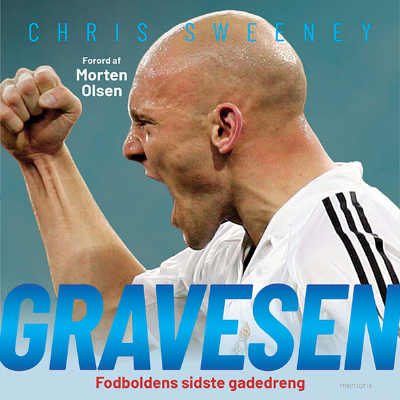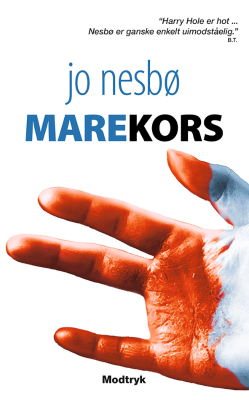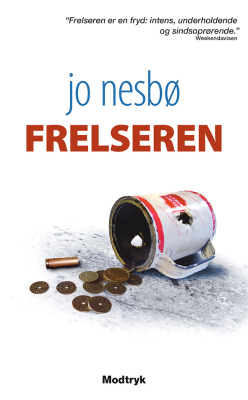
Law in Action / Recht der Werkelijkheid
nederlandsk
Videnskab & teknologi
Prøv gratis i 7 dage
99 kr. / måned efter prøveperioden.Opsig når som helst.
- 20 lydbogstimer pr. måned
- Podcasts kun på Podimo
- Gratis podcasts
Læs mere Law in Action / Recht der Werkelijkheid
This is Law in Action, a podcast in which academics talk about their research and how law works in practice. The guests are academics who contributed to the special issue of the Journal of Empirical Research on Law in Action (Recht der Werkelijkheid). Dit is Recht der Werkelijkheid, een podcast waarin onderzoekers reflecteren op de werking van het recht in de praktijk. We laten onderzoekers aan het woord die een bijdrage hebben geschreven voor het themanummer van het tijdschrift Recht der Werkelijkheid.
Alle episoder
21 episoderThe quest for implementation: a conversation with Jin Ho Verdonschot
In recent years, indications emerged that the assumption of self-efficacy in the Dutch Legal Aid Law might have been an impediment for accessing subsidised legal aid for citizens who suffered from the childcare benefits situation. The temporary Arrangement Advice Certificate Self-efficacy envisages to fix this potential flaw. Jin Ho Verdonschot, together with his colleagues Carla van Rooijen, Susanne Peters and Corry van Zeeland, shows how insights in the people using the arrangement, their legal problems and situations, the nature and effectiveness of interventions under the arrangement, and the experiences of people and the professionals helping them, can inform changes in policy.
The quest for implementation: a conversation with Fanni Gyurko
The elimination and the regulation of informal payments in the state-funded health care sector is an on-going policy fiasco in the post-socialist Hungary. Fanni Gyurko analysed patients’ and doctors’ perceptions regarding the state regulation of ‘thank-you-money’ and she also inquired what these actors actually perceive as ‘law’. She concluded that although the elimination of the informal payments by using either forbidding or encouraging formal interventions is difficult, greater transparency throughout the healthcare sector would eliminate some of the coercive factors that patients are faced with in relation to the doctors.
The quest for implementation: a conversation with David Barrett
In England and Wales, the implementation of equality and human rights norms has been lacking. Through semi-structured interviews, David Barrett explores the legal consciousness of individuals responsible for the implementation of these norms in regulators, inspectorates and ombuds. Through this work it is possible to see different types of legal consciousness and how legal consciousness influences implementation.
The quest for implementation: a conversation with Lucas Michael Haitsma
In the Netherlands, social security organizations employ algorithmic profiling technologies to combat fraud, but the use of these tools poses risks of algorithmic discrimination. This episode explores how the use of algorithmic profiling technologies can lead to discriminatory outcomes that clash with the right to non-discrimination. Drawing on expert interviews and the Dutch Childcare Benefits Scandal, Lucas Michael Haitsma discusses how unmitigated risks of discrimination interact to produce discriminatory outcomes and emphasize the crucial need for a lifecycle approach in identifying and mitigating risks of algorithmic discrimination.
The quest for implementation: a conversation with Koen Migchelbrink
How to shift blame for the childcare benefits affair? In the aftermath of the childcare benefits affair, elected officials, parliamentarians, public officials and the judiciary engaged in blame games to deal with, shift, and minimize their own role in the affair. In this podcast, Koen Migchelbrink provides a reconstruction of the childcare benefits affair and analyzes how politicians, administrators and the judiciary played the blame game based on the paper he wrote with Sandra van Thiel.
Vælg dit abonnement
Premium
20 timers lydbøger
Podcasts kun på Podimo
Gratis podcasts
Opsig når som helst
Prøv gratis i 7 dage
Derefter 99 kr. / måned
Premium Plus
100 timers lydbøger
Podcasts kun på Podimo
Gratis podcasts
Opsig når som helst
Prøv gratis i 7 dage
Derefter 129 kr. / måned
Prøv gratis i 7 dage. 99 kr. / måned efter prøveperioden. Opsig når som helst.















































